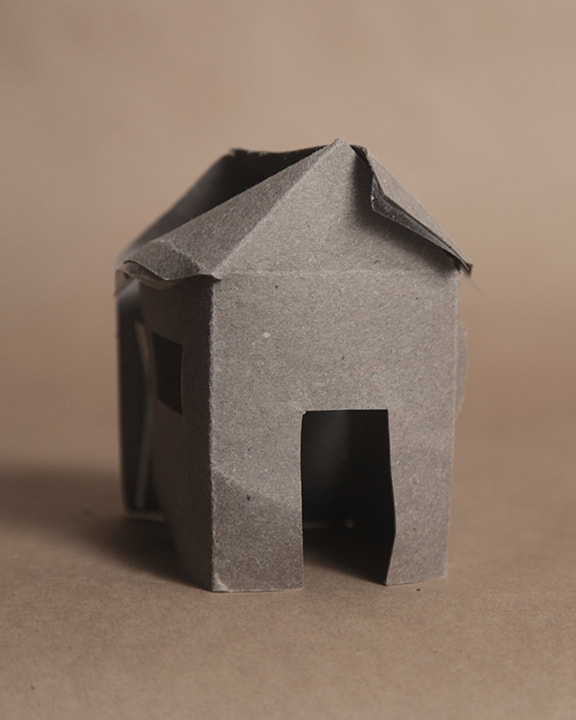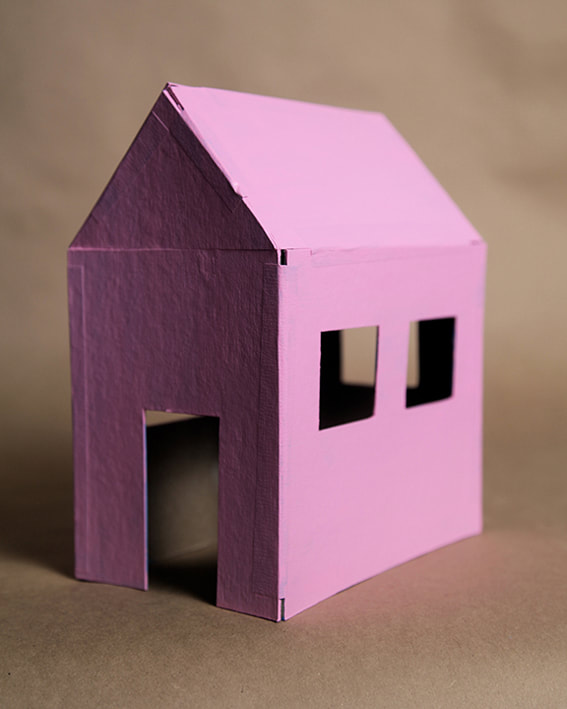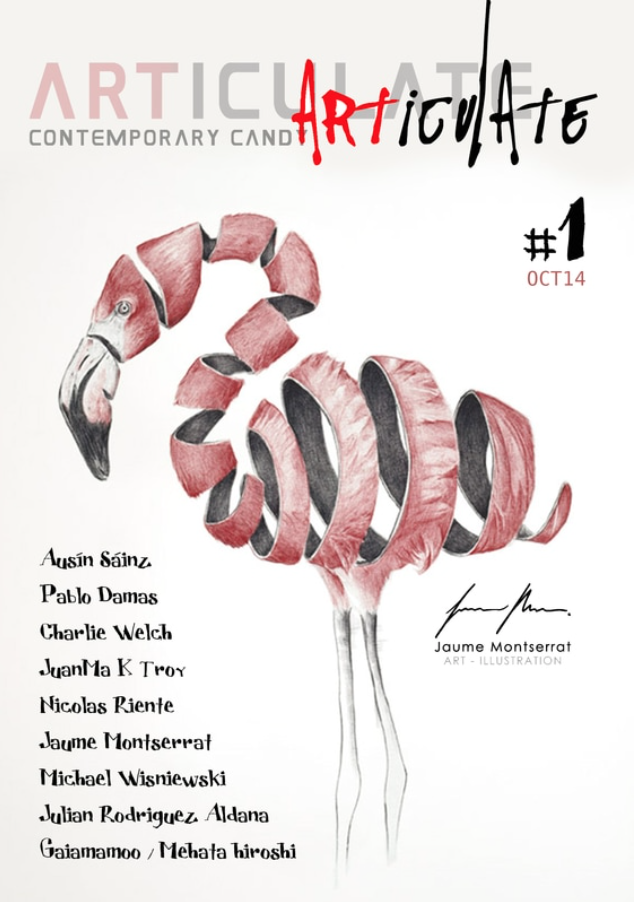The Essence of Home - An Interpretation by American artist Charlie Welch: Beyond Brick and Mortar |
a text by Charlie Welch and Carmen Hust
In the words of American artist Charlie Welch, a home is not merely a structure; it is a dwelling place infused with the essence of permanence, a sanctuary for individuals, families, and communities. Whether it takes the form of a traditional house, an apartment, or a nomadic yurt, the concept of home transcends physical boundaries to encompass a spectrum of emotions, memories, and personal identity. At its core, a home is a space close to the heart of its owner, a cherished possession that goes beyond its architectural definition. Psychologically, the connection between an individual and their home is profound, with the strongest sense of belonging often coinciding geographically with the physical dwelling. As humans are creatures of habit, the state of one's home has the power to influence behavior, emotions, and overall mental well-being. Leaving home for an extended period can evoke a sense of homesickness, highlighting the profound impact that a living space can have on an individual's sense of self. Homes serve as mirrors, reflecting not only the physical surroundings but also triggering self-reflection about identity, past experiences, and future aspirations. This introspection is not exclusive to personal homes; collective historical sites, such as Gettysburg or Ground Zero, similarly evoke a deep sense of reflection and contemplation.
Numerous adages capture the sentiment associated with the concept of home, such as "a man's home is his castle," emphasizing the idea of a personal haven. "There is no place like home" and "home sweet home" evoke the comfort and familiarity that home provides, while "home away from home" illustrates the emotional attachment people can form to places beyond their primary residence. "Make yourself at home" reflects the hospitable nature of a welcoming space, and "you can never go home again" encapsulates the bittersweet reality that the past cannot be fully recreated. The versatility of the term 'home' extends beyond individual residences to include various residential community institutions like nursing homes, retirement communities, and foster homes. However, short-term accommodations, such as those in boarding schools, prisons, or treatment facilities, are less likely to carry the profound sense of home. In essence, the word 'home' transcends its dictionary definition, encapsulating the intricate interplay of physical spaces, emotional connections, and personal histories. Charlie Welch's perspective invites us to contemplate the multifaceted nature of the concept, urging us to see home not just as a shelter but as a repository of memories, a source of comfort, and a key player in shaping our sense of self and belonging. "
A home is a dwelling-place used as a permanent or semi-permanent residence for an individual, family, household or several families in a tribe. It is often a house, apartment, or other building, or alternatively a mobile home, houseboat, yurt or any other portable shelter. Larger groups may live in a nursing home, children's home, convent or any similar institution. A homestead also includes agricultural land and facilities for domesticated animals. Where more secure dwellings are not available, people may live in the informal and sometimes illegal shacks found in slums and shanty towns. More generally, "home" may be considered to be a geographic area, such as a town, village, suburb, city, or country.
|
SUPPORTARTICULATE
www.articulate.nu SUPPORT Monday - Friday 8:00 - 16:00 [email protected] +45 30 48 19 81 Head Quarters VAT DK40953191 |
|






